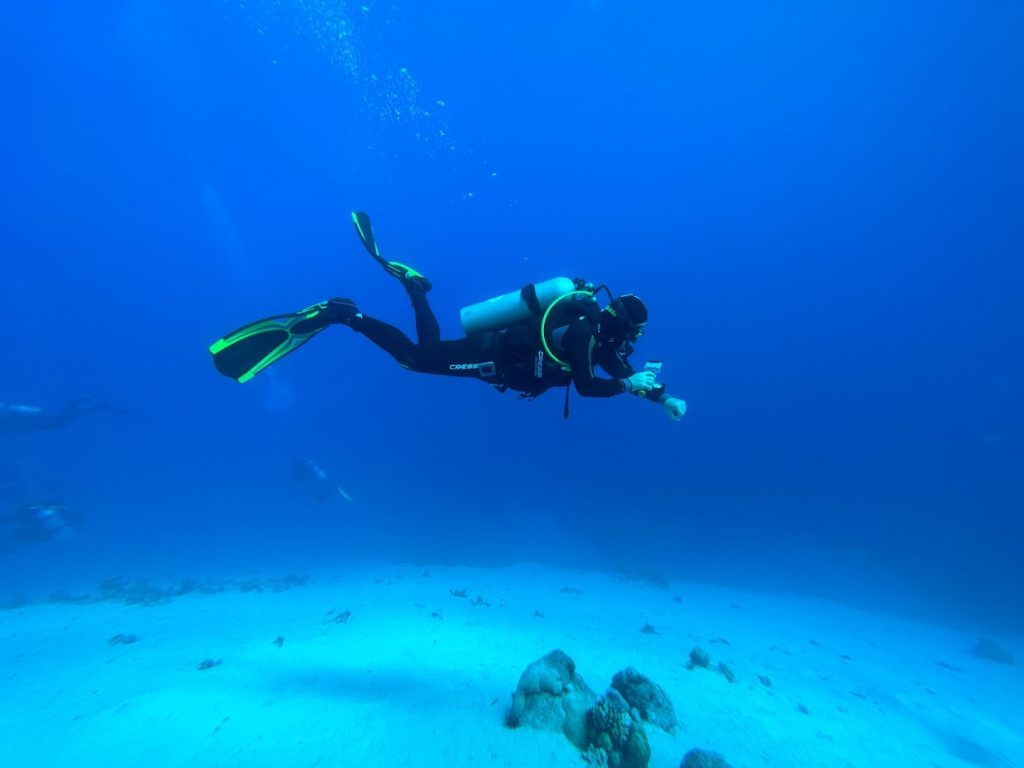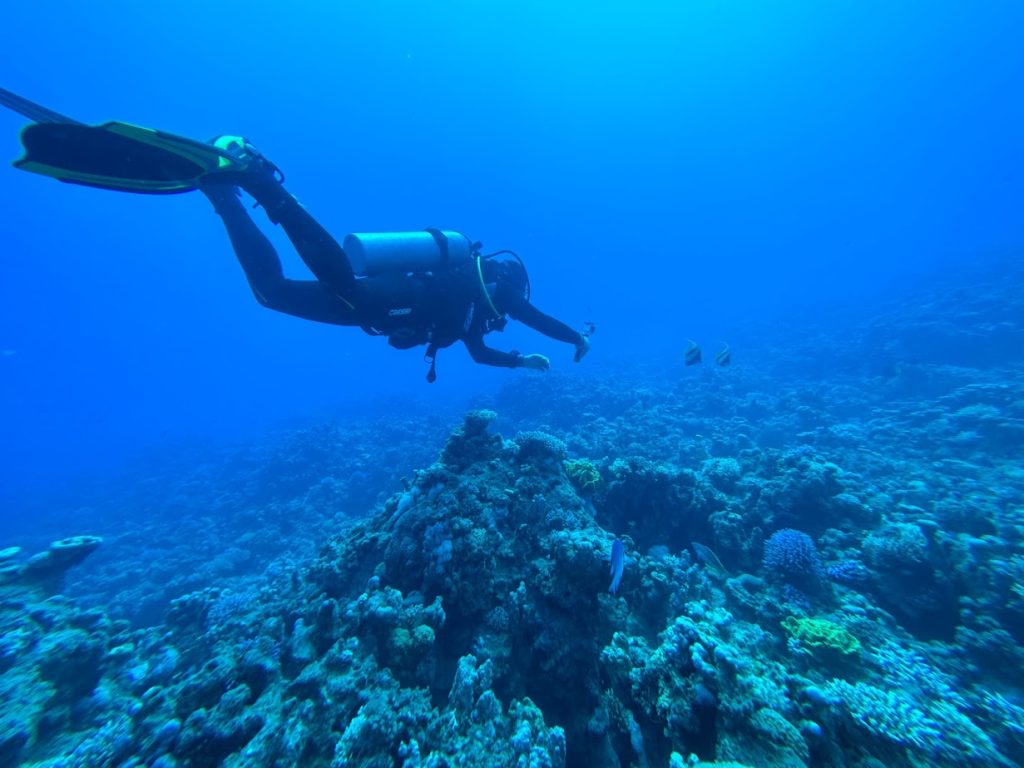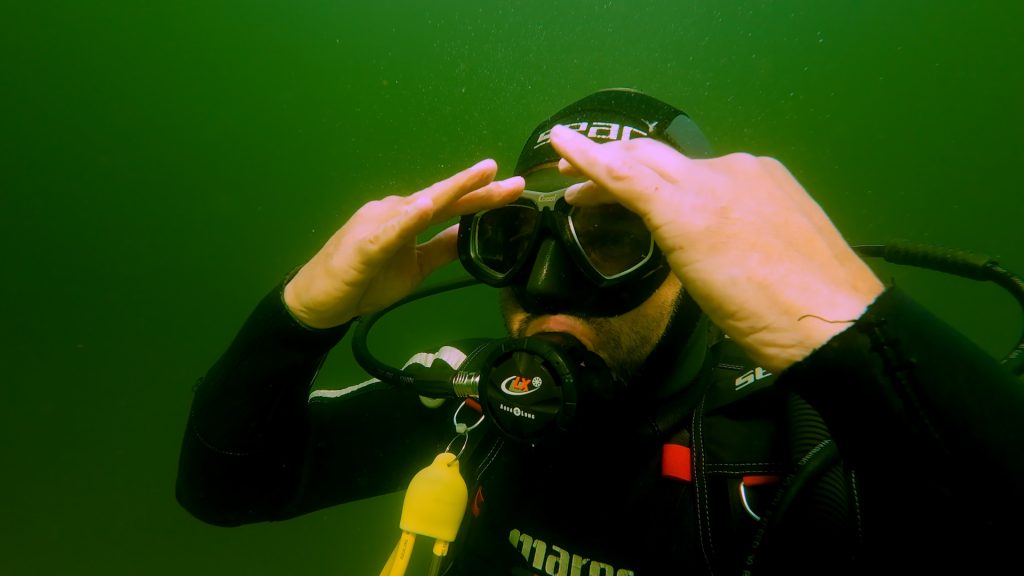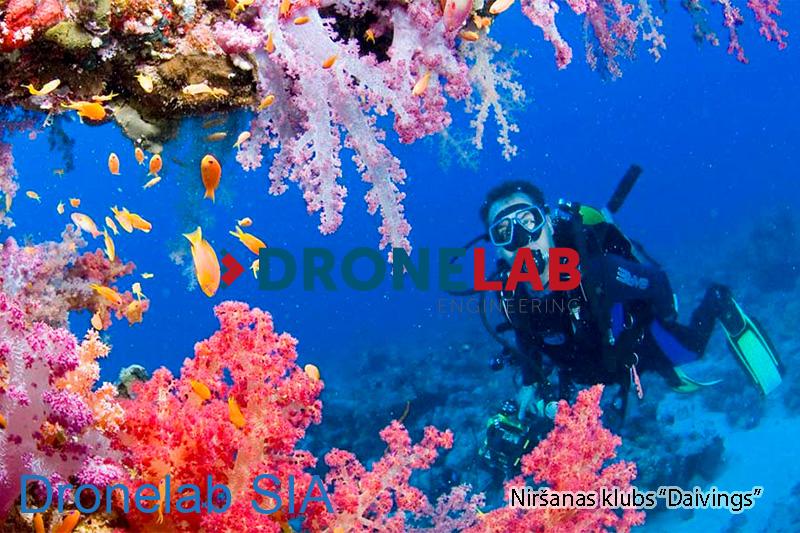Scuba diving is a water sport that involves breathing air from a tank while underwater. Scuba is an acronym for Self Contained Underwater Breathing Apparatus. Scuba diving allows you to explore the underwater world and discover its beauty and diversity.
However, scuba diving also comes with some challenges and risks that require proper training, equipment, and planning. In this article, you will learn more about scuba diving, its benefits, its best destinations, its common sights, and its ways to improve. You will also find some questions and answers from scuba diving experts who can offer you valuable tips and insights.

What is scuba diving?
Scuba diving is a water sport that involves breathing air from a tank while underwater. The tank is connected to a regulator that delivers the air to your mouthpiece. You also wear a buoyancy control device (BCD) that helps you adjust your depth and position in the water. You also need a mask, a snorkel, fins, a wetsuit, a dive computer, and other accessories depending on the type and conditions of your dive.
Scuba diving requires you to learn some basic skills, such as how to breathe, equalize, communicate, and move underwater. You also need to learn how to prevent and deal with potential problems, such as running out of air, getting lost, or suffering from decompression sickness. Scuba diving can be done for different purposes, such as recreation, education, research, conservation, or profession.
How deep can you scuba dive?
The depth limit for scuba diving depends on several factors, such as your training, experience, equipment, and gas mixture. The deeper you go, the more air you consume, the more nitrogen you absorb, and the more oxygen you expose yourself to. These factors can affect your safety and health, as well as your bottom time and decompression obligations.
Generally, the depth limit for recreational scuba diving is 40 meters (130 feet), while the depth limit for technical scuba diving can go beyond 100 meters (330 feet). However, most recreational divers prefer to stay within 18 meters (60 feet), where there is more light, color, and life. The depth limit for scuba diving also varies depending on the diving destination and the regulations of the local authorities.
What are the best places to scuba dive?
The best places to scuba dive are those that offer clear, warm, and calm water, rich and diverse marine life, and interesting and accessible dive sites. Some of the most popular and renowned diving destinations in the world are:
- The Great Barrier Reef, Australia: The largest and most spectacular coral reef system in the world, home to thousands of species of fish, corals, and other marine creatures.
- The Red Sea, Egypt: A narrow and deep sea that boasts colorful and healthy coral reefs, abundant and exotic fish, and historical and artificial wrecks.
- The Maldives: A tropical island nation that consists of 26 atolls, each with its own lagoon, reef, and channel, offering a variety of diving experiences and encounters with sharks, rays, turtles, and dolphins.
- The Galapagos Islands, Ecuador: A volcanic archipelago that hosts a unique and diverse ecosystem, where you can dive with sea lions, penguins, iguanas, hammerhead sharks, whale sharks, and giant tortoises.
These are just some examples of the many amazing diving destinations that you can find around the world. To choose the best place for your scuba diving trip, you should consider your preferences, budget, season, and level of experience. You can also consult some online resources, such as PADI Travel or Scuba Diving Magazine, that can help you find and plan your ideal diving vacation.

What can I see while scuba diving?
Scuba diving can offer you a variety of sights and sensations that you cannot experience on land. Depending on the diving destination and the dive site, you can see:
- Coral reefs: These are underwater structures that are formed by the skeletons of tiny animals called corals. Coral reefs are often called the rainforests of the sea, because they host a large and diverse number of marine organisms, such as fish, crustaceans, mollusks, and echinoderms. Coral reefs are also known for their vibrant colors and shapes, which make them a beautiful and fascinating sight for divers.
- Kelp forests: These are underwater forests that are composed of large brown algae called kelp. Kelp forests are found in cold and temperate waters, especially along the coasts of North America, Europe, and Australia. Kelp forests provide shelter and food for many marine animals, such as fish, seals, sea otters, and sea urchins. Kelp forests are also known for their dynamic and dramatic appearance, which create a sense of adventure and mystery for divers.
- Shipwrecks: These are sunken vessels that have been submerged by natural or human causes, such as storms, wars, or accidents. Shipwrecks are often considered as underwater museums, because they preserve the history and culture of the past. Shipwrecks also attract a lot of marine life, which use them as artificial reefs. Shipwrecks are also known for their challenge and thrill, which appeal to many divers who seek to explore and discover their secrets.
- Caves: These are underwater passages that are formed by the erosion of rocks or the dissolution of limestone. Caves are found in freshwater or saltwater environments, such as lakes, rivers, or oceans. Caves offer a unique and surreal experience for divers, who can admire the formations and colors of the rocks, the reflections and refractions of the light, and the silence and solitude of the dark. Caves are also known for their difficulty and danger, which require special training and equipment for divers who want to venture into them.
These are just some examples of the many sights that you can see while scuba diving. To see more, you should try to dive in different environments and conditions, and always keep your eyes open and curious.
How can I improve my scuba diving skills?
Scuba diving is a sport that requires continuous learning and improvement, regardless of your level of experience. To improve your scuba diving skills, you should:
- Take advanced courses: There are many courses that can help you expand your knowledge and skills in scuba diving, such as the Advanced Open Water Diver, the Rescue Diver, or the Master Scuba Diver. These courses can teach you how to dive deeper, longer, safer, and smarter, as well as how to deal with different scenarios and situations that you may encounter underwater.
- Join dive clubs: There are many dive clubs that can help you connect with other divers who share your passion and interest in scuba diving. These clubs can offer you opportunities to dive more often, to explore new and exciting dive sites, and to learn from the experiences and tips of other divers. You can also make new friends and have fun with people who understand and appreciate your hobby.
- Practice drills: There are some drills that can help you improve your scuba diving skills, such as buoyancy control, mask clearing, regulator recovery, and emergency ascent. These drills can help you become more comfortable and confident underwater, as well as prepare you for any potential problems that you may face. You can practice these drills on your own or with a buddy, either in a pool or in a shallow and calm dive site.
- Seek feedback: There are some sources that can provide you with feedback on your scuba diving skills, such as your instructor, your dive guide, your dive buddy, or yourself. These sources can help you identify your strengths and weaknesses, as well as suggest ways to improve and correct them. You should always be open and receptive to feedback, and use it as a motivation and inspiration to become a better diver.

Questions and answers from scuba diving experts
To help you learn more about scuba diving, here are some questions and answers from scuba diving experts who have extensive knowledge and experience in the field. These experts are:
- Founder and director of Underwater Forensic Investigators, a scuba diving and maritime expert witness service1.
- A retired special agent and a public safety and commercial diving expert1.
- A marine biologist and a scuba diving researcher and educator2.
Q: What are some of the most common mistakes that scuba divers make, and how can they avoid them?
A: Expert: Some of the most common mistakes that scuba divers make are:
- Not checking their equipment before diving: This can lead to equipment failure or malfunction, which can compromise their safety and enjoyment. Scuba divers should always inspect their equipment before diving, and make sure that everything is working properly and in good condition.
- Not planning their dive: This can lead to diving beyond their limits, which can expose them to unnecessary risks and hazards. Scuba divers should always plan their dive, and follow the plan. They should also be aware of the diving conditions, such as the depth, the current, the visibility, and the temperature, and adjust their plan accordingly.
- Not communicating with their dive buddy: This can lead to losing contact or coordination with their dive buddy, which can result in separation, confusion, or panic. Scuba divers should always communicate with their dive buddy, and stay close and attentive to each other. They should also agree on the signals and procedures that they will use during the dive.
Q: What are some of the skills that scuba divers need to master, and how can they practice them?
A: Expert: Some of the skills that scuba divers need to master are:
- Buoyancy control: This is the ability to maintain a neutral or desired buoyancy in the water, which means neither sinking nor floating. Buoyancy control is essential for scuba diving, as it affects your safety, comfort, air consumption, and environmental impact. To master buoyancy control, you need to practice how to use your BCD, your lungs, and your weight system to adjust your buoyancy. You also need to learn how to trim your body position and balance your equipment to achieve optimal buoyancy.
- Navigation: This is the ability to orient yourself and find your way underwater, which can be challenging due to the lack of landmarks, the reduced visibility, and the changing currents. Navigation is important for scuba diving, as it helps you avoid getting lost, wasting time, or missing your dive site. To master navigation, you need to practice how to use your compass, your dive computer, and natural references to navigate underwater. You also need to learn how to estimate your distance, direction, and time, and how to plan and follow a dive route.
- Emergency management: This is the ability to prevent and deal with any problems or emergencies that may occur underwater, such as equipment failure, low air, entanglement, injury, or panic. Emergency management is vital for scuba diving, as it can save your life or your dive buddy’s life in a critical situation. To master emergency management, you need to practice how to recognize and respond to common diving problems, such as how to share air, how to ascend safely, how to perform first aid, and how to call for help. You also need to learn how to stay calm, alert, and rational in an emergency.
Q: What are some of the benefits of scuba diving, and how can they improve your life?
A: Expert: Some of the benefits of scuba diving are:
- Physical: Scuba diving can improve your physical health and fitness, as it involves swimming, breathing, and moving in the water, which can burn calories, strengthen muscles, enhance endurance, and improve circulation. Scuba diving can also reduce stress, lower blood pressure, and improve mood, as it exposes you to natural light, fresh air, and relaxing sounds.
- Mental: Scuba diving can improve your mental health and well-being, as it stimulates your brain, enhances your memory, and boosts your creativity. Scuba diving can also increase your confidence, self-esteem, and happiness, as it challenges you, rewards you, and makes you feel accomplished and proud.
- Social: Scuba diving can improve your social life and relationships, as it connects you with other people who share your passion and interest in scuba diving. Scuba diving can also foster your communication, cooperation, and trust, as it requires you to interact, coordinate, and rely on your dive buddy and your dive team.
- Environmental: Scuba diving can improve your environmental awareness and responsibility, as it educates you about the marine ecosystem and its importance, diversity, and fragility. Scuba diving can also inspire you to protect and conserve the marine environment, as it exposes you to its beauty and wonder, as well as its threats and challenges.
Conclusion
Scuba diving is a water sport that involves breathing air from a tank while underwater. Scuba diving allows you to explore the underwater world and discover its beauty and diversity. However, scuba diving also comes with some challenges and risks that require proper training, equipment, and planning. In this article, you learned more about scuba diving, its benefits, its best destinations, its common sights, and its ways to improve. You also found some questions and answers from scuba diving experts who can offer you valuable tips and insights. We hope this article helped you to learn more about scuba diving and to enjoy it responsibly and safely. If you have any feedback or experiences with scuba diving, please feel free to share them with us.

